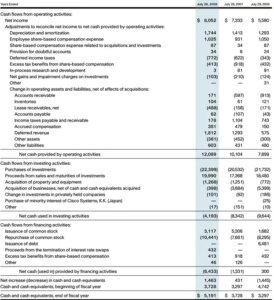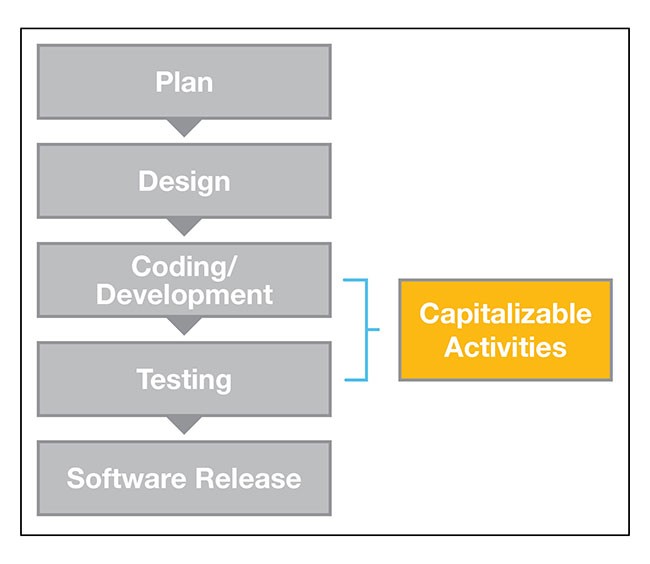Understanding Accounts Payable AP With Examples and How to Record AP

The debit could also be to an asset account if the item purchased was a capitalizable asset. When the bill is paid, the accountant debits accounts payable to decrease the liability balance. The offsetting credit is made to the cash account, which also decreases the cash balance. A company’s total accounts payable balance at a specific point in time will appear on its balance sheet under the current liabilities section. Accounts payable are obligations that must be paid off within a given period to avoid default.
Recording Accounts Payable
Reconciliations should also be done whenever there is a change in the vendor’s terms, such as the expiration of an existing contract or the introduction of a new one. Finally, if any discrepancies are identified, reconciliation should be done immediately. The ticket is entered as a credit in the AP ledger because the ticket amount will be paid to an external ticketing agent and as a debit under the travel expenses ledger.
When a business is short on cash, management frequently mandates that the payment of accounts payable be delayed, since this represents a no-interest loan from suppliers. Accounts payable is a general ledger account that showcases the amount of money that you owe to your creditors/suppliers. If yo receive an invoice mentioning the payment terms from your supplier, it then gets recorded in your accounts payable ledger. Accounts payable is the money a company owes its vendors, while accounts receivable is the money that is owed to the company, typically by customers. When one company transacts with another on credit, one will record an entry to accounts payable on their books while the other records an entry to accounts receivable. Most businesses have these challenges when tracking accounts payable manually.
- If yo receive an invoice mentioning the payment terms from your supplier, it then gets recorded in your accounts payable ledger.
- Zoho Books lets you create purchase orders, pay bills, and manage vendor information.
- That is, it indicates the number of times your business makes payments to its suppliers in a specific period of time.
- There are many moving parts to keep track of when taking care of your business’s accounting, and the accounts payable process is one of the most important.
- You as a business can be viewed as a supplier, and your accounts receivables represent the amount of money you lend to your customers.
Our Services
If you are using manual accounting software, then you will have to review the due date of each of the invoices, so accounting worksheet you know which invoices are due for payment. Once you’ve reviewed all the invoices, the next step is to process those payments. Accounts payable management is essential when running a small business, because it ensures that your accounts payable contributes positively towards your business’s cash flows. This means it helps you to minimize late payment costs, such as interest charges, penalties, etc.
Accounts payable refers to the vendor invoices against which you receive goods or services before payment is made, meaning you’ve purchased goods on credit. In this instance, as they are supplying goods on credit, your suppliers are also referred to as trade creditors. An ideal accounts payable process begins with a proper chart of accounts, which is statement or report that captures all your accounting transactions, including accounts payable. QuickBooks Online Accounting Software categorizes your transactions and breaks them down into categories, such as assets, liabilities, income, and expenses.

These transactions would then increase the credit balance of your accounts payable, so by paying your suppliers in cash, your accounts payable balance will get reduced. Accounts payable (AP) refers to the obligations incurred by a company during its operations that remain due and must be paid in the short term. Typical payables items include supplier invoices, legal fees, contractor payments, and so on. Accounts payable is all current liabilities owed to suppliers and other parties. As such, accounts payable is a liability account; it is not a business expense. Accounts payable is the money your business owes to suppliers or vendors.
Great! The Financial Professional Will Get Back To You Soon.
Timely and accurate payments help maintain strong relationships with your suppliers. Automation ensures that invoices are processed and paid promptly, reducing the risk of late fees and fostering trust with your vendors. With automated accounts payable, you gain real-time insights into your financial status. You can easily track pending invoices, payment statuses, and overall cash flow, allowing you to make informed decisions quickly. The accounts payable (AP) department is responsible for implementing the entire accounts payable process.
Just like a fuel system supplies the engine with a steady flow of gas to keep it running, accounts payable manages the flow of invoices and payments in and out sec release on materiality in financial disclosure of your business. The vast amount of your payables should be in the 0-to-30-days-old category. Since most invoices are due within 30 days, you don’t want many outstanding invoices unpaid beyond 30 days.
On the other hand, what is the traditional method used in cost accounting if you sell 10 cakes to a customer on credit, the amount the customer owes you is considered accounts receivable. Accounts payable is a liability on your balance sheet because it represents debt you owe to others. This can include things like inventory, raw materials, utilities, rent, and other business related expenses.
Typically, an AP clerk will need to thoroughly check all invoices, purchase orders, and contracts issued by the company to identify AP entries. As explained earlier, not all the money owed by a company to creditors is eligible for AP entry. When AP is paid down and reduced, the cash balance of a company is also reduced a corresponding amount.

